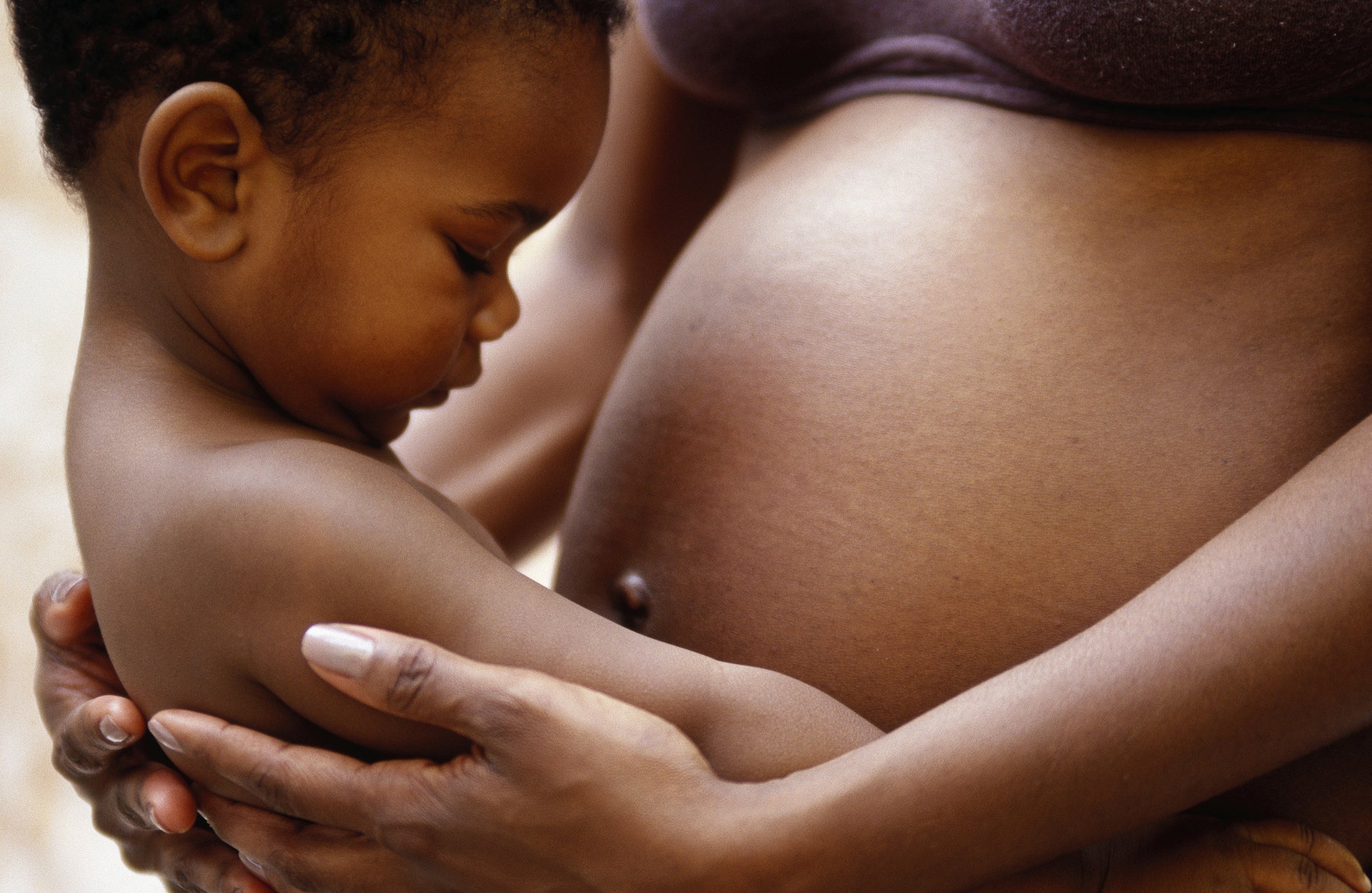During this COVID-19 pandemic, the feelings of uncertainty that pregnancy already brings are amplified, particularly for Black women. How could they not be?
On any given day, Black women in the United State are four times more likely to die from pregnancy-related causes than White women. For the last several years, my life has been consumed by this crisis. Calling attention to the solutions that come from Black communities, including my fellow members of the Black Mamas Matter Alliance, is a responsibility that I do not take lightly. More often than not, the ability for Black families to thrive is contingent upon Black mothers.
As the Combahee River Collective stated, “If Black women were free, it would mean that everyone else would have to be free, since our freedom would necessitate the destruction of all the systems of oppression.” As the people who are most often disregarded and devalued, ensuring that our needs are met will safeguard the health and well-being of all.
So what does it look like to be valued, seen, respected and heard when having a baby—during a pandemic or not? The World Health Organization (WHO) defines respectful maternity care (RMC) as organized for and provided to all pregnant people in a manner that maintains their dignity, privacy and confidentiality. RMC also ensures that they are free from harm and mistreatment, and enables informed choice and continuous support during labor and childbirth.
The United States has tragically not met these standards for our birthing people, especially Black birthing people, but as we navigate a new world, now is the time to lay an unshakable foundation that honors and protects them.
Childbirth During Crisis
Like hurricane season, this moment of preparing for and hoping to avoid what could be catastrophic can exacerbate the stress and anxiety that pregnant Black people feel, but there are actions and options to alleviate these trauma responses.
1) While it may be uncomfortable, social distancing is critically necessary for pregnant people.
2) If you are preparing to give birth, maintaining connections to family, friends and your health care team, in safe ways, is important to mental well-being.
3) Organizations like Mahmee are offering their platform for free during this time.
“For the next six months, all professionals will be able to immediately access our evidence-based library of articles and videos on prenatal and postpartum care, automated screenings and treatment plans, and can onboard as many patients as needed,” according to a notice on the website.
4) Find a holistic doula to be an essential member of your health care team. A holistic, community doula is a doula who addresses gaps in care and ensures continuity of care that is affordable, accessible and rooted in informed consent. Holistic doulas are Black mama-, family- and parent-centered. They are guided by culturally informed traditional practices and provide physical, emotional and spiritual care.
We know social support is a cornerstone of improving outcomes for birthing people; unfortunately, during this crisis, many hospitals consider doulas “visitors,” limiting their access to support.
Nancy Travis, a member of the Association of Women’s Health, Obstetric and Neonatal Nurses (AWHONN), disagrees. “Doulas are not visitors and should not be blocked from caring for patients in the antepartum, intrapartum and postpartum period. Most doulas have been contracted by patients weeks to months ahead of time and have established provider relationships. They are recognized by AWHONN and ACOG as essential personnel and part of the maternity care team.”
While it may be difficult during this pandemic, if not impossible, for Black mamas to have their doula present while maintaining social distancing, virtual doula information is available.
5) Schedule telehealth visits—if possible. Some providers are hoping to provide home blood pressure monitors as the key screening in the third trimester, as well as during the postpartum period so that moms with newborns can avoid clinical settings. Further, in an effort to support social distancing, many health care providers are working on providing video/telehealth visits so that patients do not need to travel to appointments and interact with others in waiting rooms. This is not yet a widespread practice, so please check in with your provider so that you can make a plan together that meets your needs.
Fear of the unknown is expected during times of upheaval. But know this: You’re going to be fine, Black Mama. Take deep breaths, drink water, walk when possible and follow your health care provider’s advice. Follow the CDC’s COVID-19 guidelines, in addition to the recommendations above, and stake your claim in this new world. You can do this. We can do this. Respectful care—even in, but not limited to times of crisis—is what Black birthing people deserve.
*****
Joia Adele Crear-Perry, M.D., FACOG—a thought leader around racism as a root cause of health inequities, speaker, trainer, advocate, policy expert and fighter for justice—is the founder and president of the National Birth Equity Collaborative. Recently, she addressed the United Nations Office of the High Commissioner for Human Rights to urge a human rights framework to improve maternal mortality.
*****
ESSENCE is committed to bringing our audience the latest facts about COVID-19 (coronavirus). Our content team is closely monitoring the developing details surrounding the virus via official sources and health care experts, including the World Health Organization (WHO), the Centers for Disease Control and Prevention (CDC) and the Occupational Safety and Health Administration (OSHA). Please continue to refresh ESSENCE’s informational hub for updates on COVID-19, as well as for tips on taking care of yourselves, your families and your communities.
